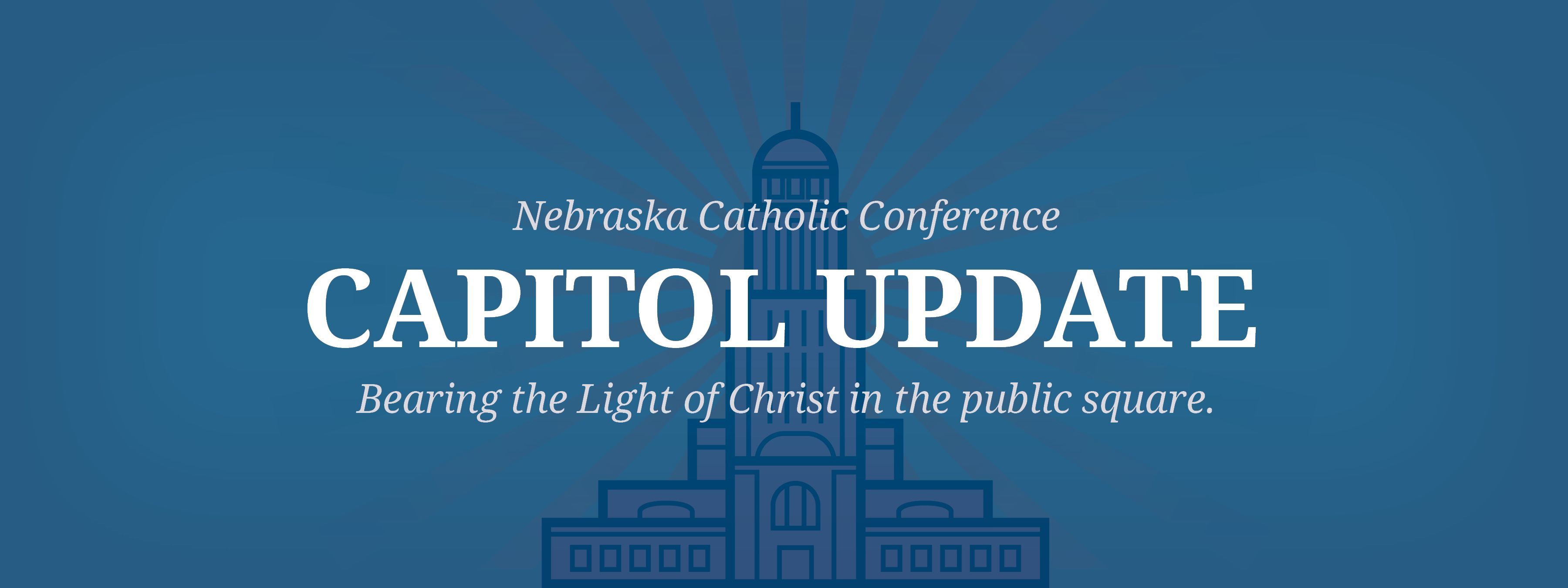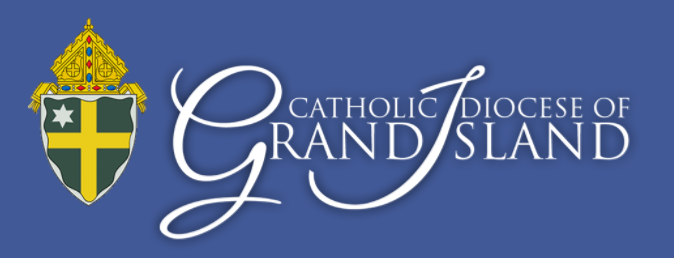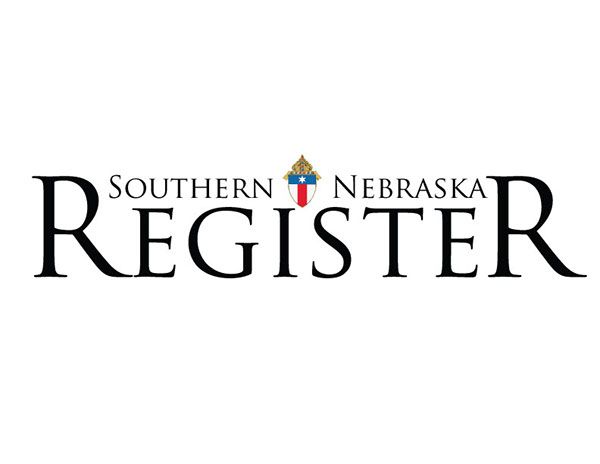The United States will experience political history on Tuesday, a culminating point for countless political campaigns across the country. The moment will be another mark on the American soul, a test of our republic and its fundamental direction toward—or perhaps away from—the common good that God desires for each and every society.
As with every election, the day will test our fortitude and charity—how will we handle the outcomes of any number of races, from the presidency down to the proverbial city dog catcher? Will we be satisfied? Will we be angered? Regardless of our reaction and ballot outcomes, will we continue to recognize that Jesus Christ is the Lord of History and that we are at His—and not any political candidate’s or party’s—ultimate service?
These questions, among so many others, are worth pondering as we approach and enter into Election Night.
In the meanwhile, I want to offer a quick review of what has been offered these last weeks and months to help inform us as Catholics in our political responsibility. Also, I want to offer a brief observation and reflection of what the Church is and is not doing when she teaches and preaches on politics.
Review of Resources Provided. The Nebraska Catholic Conference has been doing its part to prepare you for Election Day. We have provided information about the basics of Catholic social teaching and moral decision-making, which can be found through important documents like the United States Conference for Catholic Bishops’ Forming Consciences for Faithful Citizenship.
We have created a webpage at www.necatholic.org which compiles many other educational and catechetical resources to ensure you know and are refreshed on Catholic social teaching.
We have surveyed candidates for federal and state legislative offices (results at www.NebraskaCatholicVoter.com).
We have asked you to engage in prayer efforts, petitioning the Lord for His love and mercy to be bestowed on our nation, state, and local communities.
We have also asked you to be aware of two critical ballot initiatives. We have urged you to vote FOR Initiative 428 to put interest rate caps on payday loans which would provide important consumer protections for the poor and other financially distressed populations. We have also urged you to vote AGAINST Initiatives 429, 430, and 431 which would expand gambling throughout Nebraska in a way that would do tremendous harm to families, increase financial instability and bankruptcy, and produce more crime in our neighborhoods.
Our hope is that these resources have been an invaluable resource to you.
What Does the Church Provide? Whenever the Church ramps up its efforts to catechize on faith and morals related to elections, there is an error I often observe: too often I see people thinking that everything being said by a bishop, priest, or some other official Church representative as being some sort of commentary on the presidential election. If the Church, for example, articulates its teaching on abortion, immigration, poverty, marriage, religious liberty, etc., it is assumed that the Church is actually saying something about Donald Trump or Joe Biden, as if they are secretly and subtly trying to support or oppose one or the other.
But that’s just not the case.
The Church is not interested in and does not support or oppose any candidates for public office, nor does it support or oppose any political parties. This makes some people mad, but the Church does not exist for such a purpose.
Instead, the Church exists to be “one crying out in the wilderness” as we hear from John the Baptist. The Church constantly articulates the truths of the faith, in order that those truths can be taken to heart and lived out by the people of God, the laity.
The Church offers universal principles on faith and morals that are to be applied across the board in various circumstances. Whether you are voting in the 2020 presidential election or sitting around at a local school board meeting, the Church’s teaching is meant to be universal enough for you to apply it in the particular situation you find yourself.
The Church provides the moral framework and guidance, and the laity are expected to take that and apply it—in good faith with truth and charity—to the particular political circumstances.
So, as we hear the Church and its leaders articulate the Church’s social teaching as applied in a political context, let’s quit looking for the secret and subtle political candidate endorsements. Instead, let’s take the richness of these teachings on faith and morals and do the hard work of applying in the day-to-day of life, wrestling with the tough issues and doing so with the heart of Christ. This approach will lead to peace for everybody involved.







